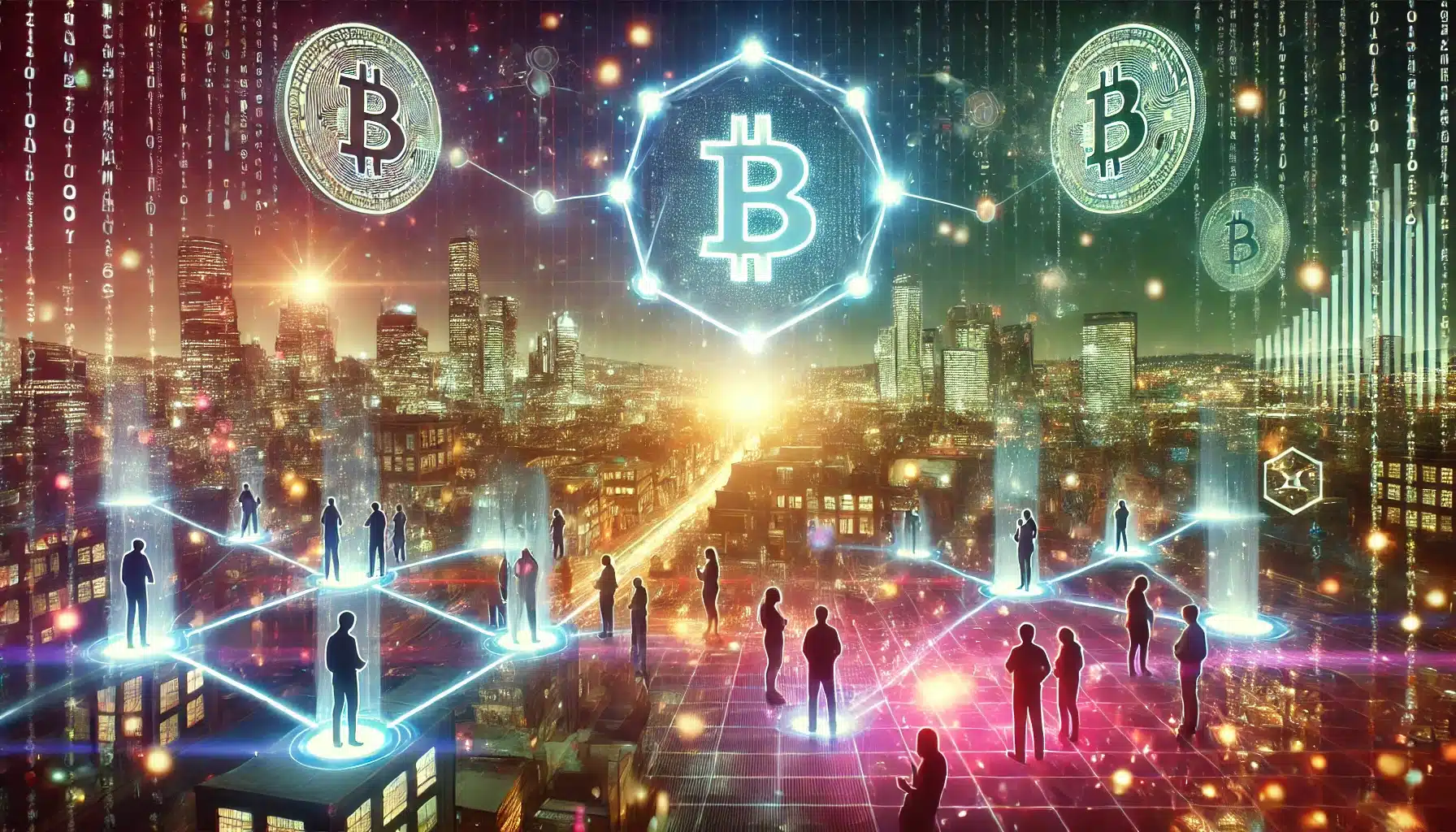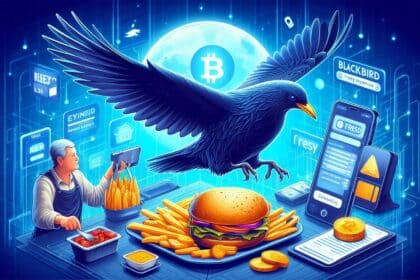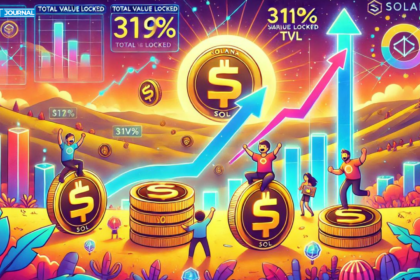The Metaverse is no longer a distant dream; it is rapidly evolving into a dynamic digital ecosystem that promises to reshape how we work, play, and interact. Central to its growth is blockchain technology, which serves as the backbone for secure transactions, decentralized ownership, and economic innovation. As we move toward 2025, the integration of the Metaverse and blockchain is setting the stage for a revolution in virtual economies.
Understanding the Synergy Between Metaverse and Blockchain
The Metaverse is a shared virtual space powered by technologies like augmented reality (AR) and virtual reality (VR), where users can interact, create, and trade. Blockchain, on the other hand, is a decentralized ledger that ensures transparency, security, and authenticity. Together, they create a powerful combination, enabling secure ownership of digital assets, transparent transactions, and the interoperability needed for seamless virtual experiences. By integrating blockchain, the Metaverse is evolving into a decentralized ecosystem where users have more control over their virtual identities and assets.
The Building Blocks of Virtual Economies
Virtual economies are the lifeblood of the Metaverse, and blockchain plays a pivotal role in their development. Digital assets such as NFTs (Non-Fungible Tokens) allow users to own and trade unique items, from virtual art to gaming collectibles. Cryptocurrencies are emerging as the primary medium of exchange, facilitating payments for goods and services within these digital spaces. Smart contracts streamline processes, automating agreements and enabling decentralized marketplaces. Additionally, Decentralized Autonomous Organizations (DAOs) provide a democratic model for managing virtual communities and their economies.
Key Economic Trends in the Metaverse by 2025
Virtual real estate is becoming a lucrative market, with digital land ownership attracting both investors and businesses. Companies are establishing virtual storefronts, and users are purchasing property for personal and commercial use. Workspaces in the Metaverse are also gaining traction, offering new opportunities for remote collaboration and income generation. Entertainment is undergoing a transformation, with virtual concerts, gaming tournaments, and events creating significant revenue streams. The concept of cross-platform interoperability is further enhancing these trends, as blockchain enables seamless transfer of assets between different Metaverse platforms.

Challenges and Opportunities
Despite its potential, the Metaverse faces challenges such as scalability issues, high energy consumption, and regulatory uncertainties. However, these hurdles also present opportunities for innovation. Developers are working on scalable blockchain solutions, such as Layer 2 technologies, to address transaction bottlenecks. Meanwhile, advancements in renewable energy are mitigating the environmental impact of blockchain operations. The Metaverse also democratizes access to global markets, empowering creators and businesses to reach a wider audience without traditional barriers.
The Future Outlook of Metaverse Economies
By 2025, technological advancements in AR, VR, and blockchain are expected to make virtual worlds more immersive and accessible. Analysts predict exponential growth in the Metaverse economy, driven by increased adoption and innovation. In the long term, the integration of the Metaverse and blockchain could redefine global economic systems, blurring the lines between virtual and physical economies. For individuals and businesses alike, understanding this evolving landscape is crucial for leveraging its opportunities.
The Metaverse and blockchain are not just shaping the future—they are creating entirely new paradigms for economic interaction. As we navigate this digital frontier, the potential for growth, innovation, and inclusivity is boundless.
- https://twitter.com/Thebitjournal_
- https://www.linkedin.com/company/the-bit-journal/
- https://t.me/thebitjournal
Follow us on Twitter and LinkedIn and join our Telegram channel to get instant updates on breaking news!





























